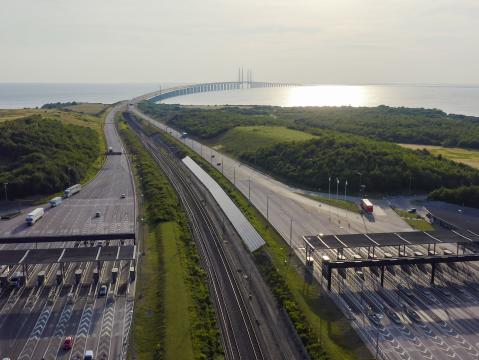Decarbonisation and the Pricing of Road Transport Roundtable

How can the way road users and vehicles are taxed be reformed to address the external costs of motoring, contribute to the decarbonisation of transport and maintain an adequate revenue base for governments? The Roundtable addressed these issues in five steps. First, it sought to clarify the expected extent and timing of the decline in fuel tax revenue and the implications for government finances. Second, it identified the underlying objectives of taxation of road and vehicle use. Third, it set out the range of alternative taxes and charges that can be levied on the use of roads and on the ownership and use of vehicles, and discussed the extent to which each can contribute to the achievement of these objectives. Fourth, it identified where taxation options might face problems of public acceptability and how acceptance might be achieved. Finally, the Roundtable identified which specificities low- and middle-income countries face around these issues.
This Roundtable was part of the ITF’s 2022-23 Programme of Work. A report summarising the conclusions from the Roundtable was published in 2023.